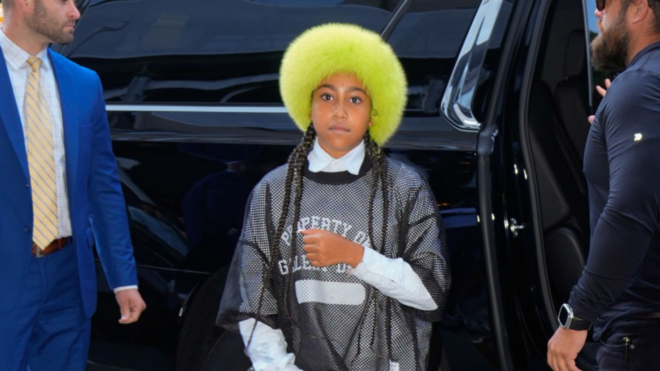
It’s the latest in a trend of anti-diets, and it’s one that I decided to try a year and a half ago: intuitive eating. ICYMI, intuitive eating is where you eat slowly and trust your body to send you signs that what you’re eating is good or not so good.
There are so many messages in motherhood that tell us that our bodies are all-knowing. They can handle pregnancy, they can sail through childbirth without intervention, they can breastfeed with ease.
They can determine what they want to eat, and what they tell you to put in your mouth will be the thing your body needs.
Sometimes, these messages are pure BS. But I bought into one of them anyway.
After rapidly gaining weight postpartum with no end in sight, I decided to let go and let intuitive eating reign.
The result was almost catastrophic.
Before I had my son, I weighed about 155 pounds. I’m 5’7″, and back then even this felt too heavy. I can recognize now that it was a perfectly healthy weight, and I was a pretty healthy person.
I exercised almost every day to compensate for my love of sweets, and ate lots of home-cooked meals chock-full of veggies in between.
I shot up to 201 pounds just before giving birth, and I lost about 30 of those pounds by one month postpartum. Most of it was the placenta, the baby, the extra blood and fluids.
It was harder to exercise now than it was before, but I tried. I ate the same as I had before: sweets here and there with healthy foods mixed in.
But I started to gain weight — and quickly.
By the time my son was a year old, I had shot back up to 200 pounds. But this time, I wasn’t pregnant.
My doctor shrugged and told me to eat more vegetables. She didn’t seem too worried. I told her that my periods hadn’t really come back, and she attributed that to breastfeeding.
So I made myself accept this new weight because of a couple Instagram influencers touting intuitive eating.
I tried to love this new version of myself, but I didn’t feel like myself at all.
The positive thing in all of this is that I did gain a new appreciation for body positivity. I was able to uproot a lot of negative ideas I had once had about people over a certain weight. I recognized these beliefs as toxic and damaging, and I’m grateful for that. I’m also sad that it took me gaining over 50 pounds to see every single type of body out there as beautiful.
But back to my body: I simply could not force myself to love something that didn’t feel right.
With intuitive eating, I intuitively ate lots of carbs and veggies but not that many sweets. I intuitively gained an extra 15 pounds. I intuitively grew too large for the clothes I’d just bought.
By then, I’d had enough. In addition to the weight, I had sprouted the beginnings of a beard and sideburns. My periods were still nonexistent, even after stopping breastfeeding.
Something was wrong with my body.
I found out that the “something” was polycystic ovary syndrome (PCOS), which can cause weight gain, facial hair, and period loss in women. This is something that one in 10 women of childbearing age suffer from, and I was one of them.
That’s why I’d gained weight so quickly: because my body was broken and my hormones were totally out of whack. Things weren’t working like they should.
So I ditched the idea that my body knew how to heal itself and tried a few different methods of eating before discovering that low-carb (not keto, but just 100 carbs a day or fewer) gives me the best results.
Not exercise. Not gluten-free. Not lots of fruits and veggies or counting calories.
Just fewer carbs.
I’ve lost 20 pounds in a month and a half. I’m still way above what I was before I got pregnant, but my periods are getting more regular. I finally feel more like myself — and that’s a gift intuitive eating almost took away from me.




